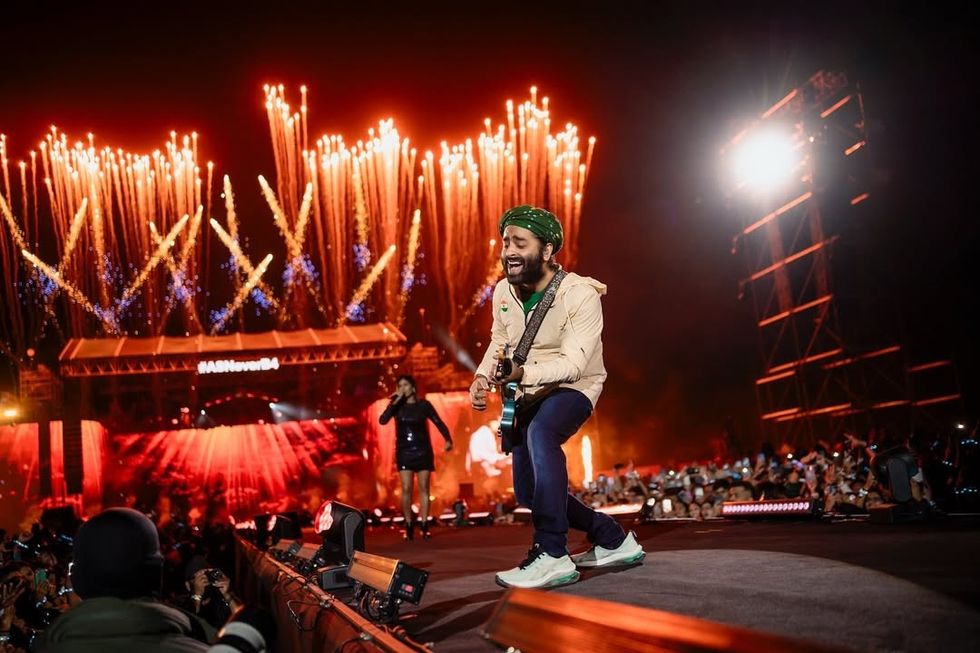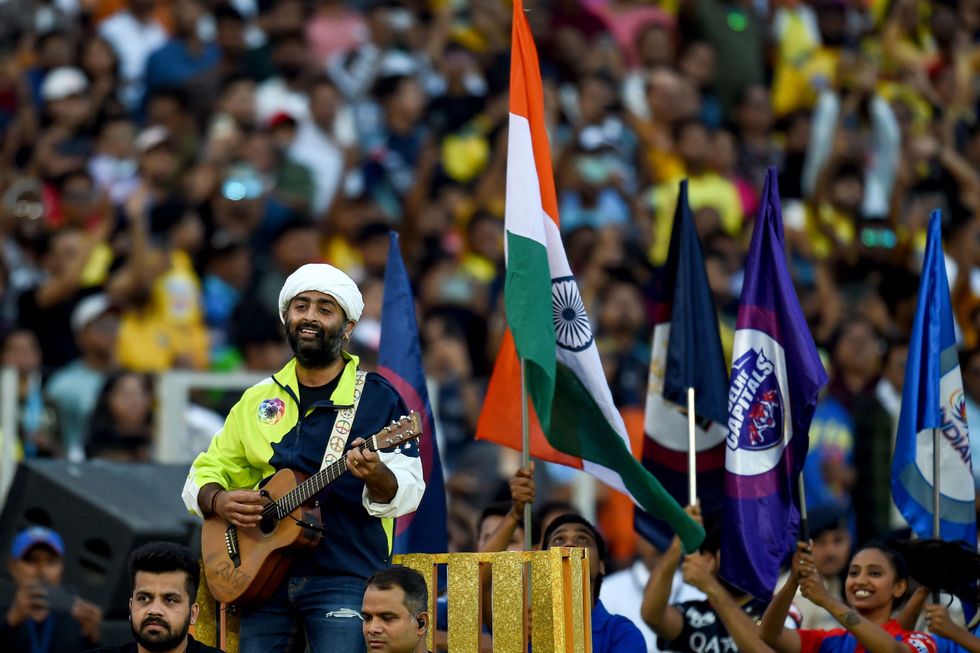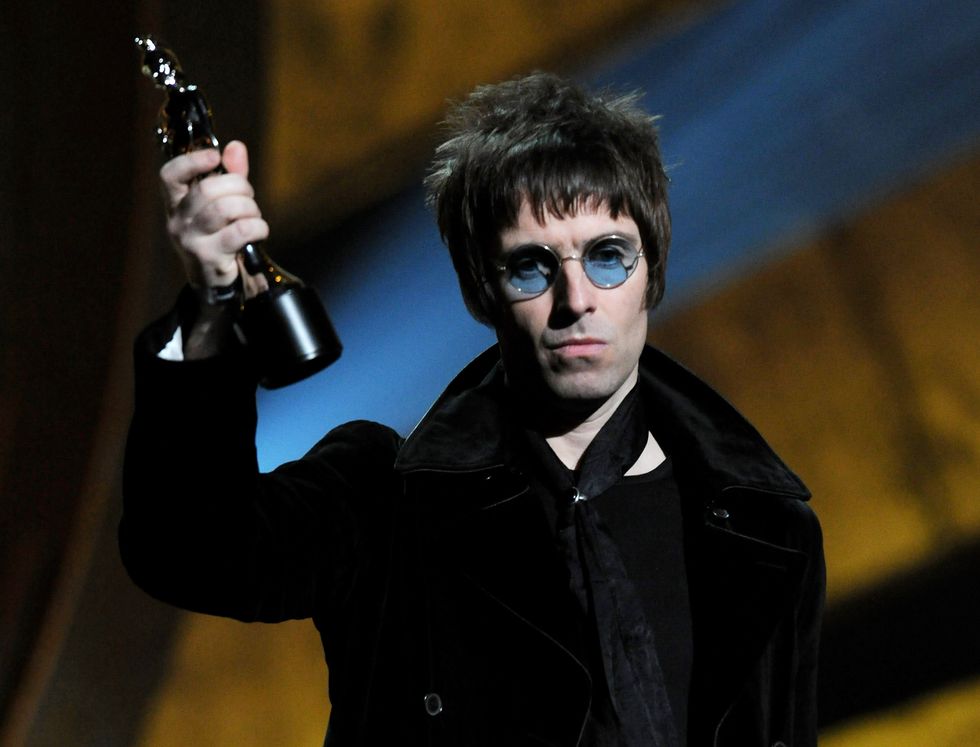FIVE more members of the West Indies cricket squad - including three players - have tested positive for Covid, officials said Thursday (16), leaving the rest of their Pakistan tour hanging in the balance.
Four members of the touring party tested positive on Saturday (11), bringing the total to nine since they arrived last week for a Twenty20 and ODI series.
Cricket West Indies officials said they would meet with their Pakistan counterparts "once all members of the touring party have been tested again" to determine whether they can continue.
Any cancellation would be a huge blow to Pakistan, which has seen tours by New Zealand and England called off in recent months on security grounds.
Pakistan won the first two Twenty20 matches against the West Indies with dead rubber to be due to be played later Thursday (16).
The three ODIs are scheduled for December 18, 20 and 22.
West Indies officials said the latest positive test results in the squad came from wicketkeeper-batsman Shai Hope, left-arm spinner Akeal Hosein, all-rounder Justin Greaves, assistant coach Roddy Estwick, and physician Akshai Mansingh.
Left-arm pace bowler Sheldon Cottrell and all-rounders Roston Chase and Kyle Mayers, tested positive for Covid-19 on Saturday, along with a team official.
(AFP)






 Priyanka Chopra calls herself nascent in Hollywood as 'Heads of State' streams on Prime VideoGetty Images
Priyanka Chopra calls herself nascent in Hollywood as 'Heads of State' streams on Prime VideoGetty Images  Priyanka Chopra wants to build her English film portfolio after Bollywood successGetty Images
Priyanka Chopra wants to build her English film portfolio after Bollywood successGetty Images  Ilya Naishuller, Priyanka Chopra and John Cena attend the special screening for "Head of State" Getty Images
Ilya Naishuller, Priyanka Chopra and John Cena attend the special screening for "Head of State" Getty Images








 Arijit Singh performing Instagram/
Arijit Singh performing Instagram/ Arijit Singh clicked during a performance Getty Images
Arijit Singh clicked during a performance Getty Images 


 Liam Gallagher accepts Oasis' award for 'Best Album of 30 Years' Getty Images
Liam Gallagher accepts Oasis' award for 'Best Album of 30 Years' Getty Images  Liam Gallagher plays to a sell out crowd at the Universal AmphitheatreGetty Images
Liam Gallagher plays to a sell out crowd at the Universal AmphitheatreGetty Images Liam and Noel Gallagher perform together in Cardiff for the first time since 2009 Instagram/oasis
Liam and Noel Gallagher perform together in Cardiff for the first time since 2009 Instagram/oasis